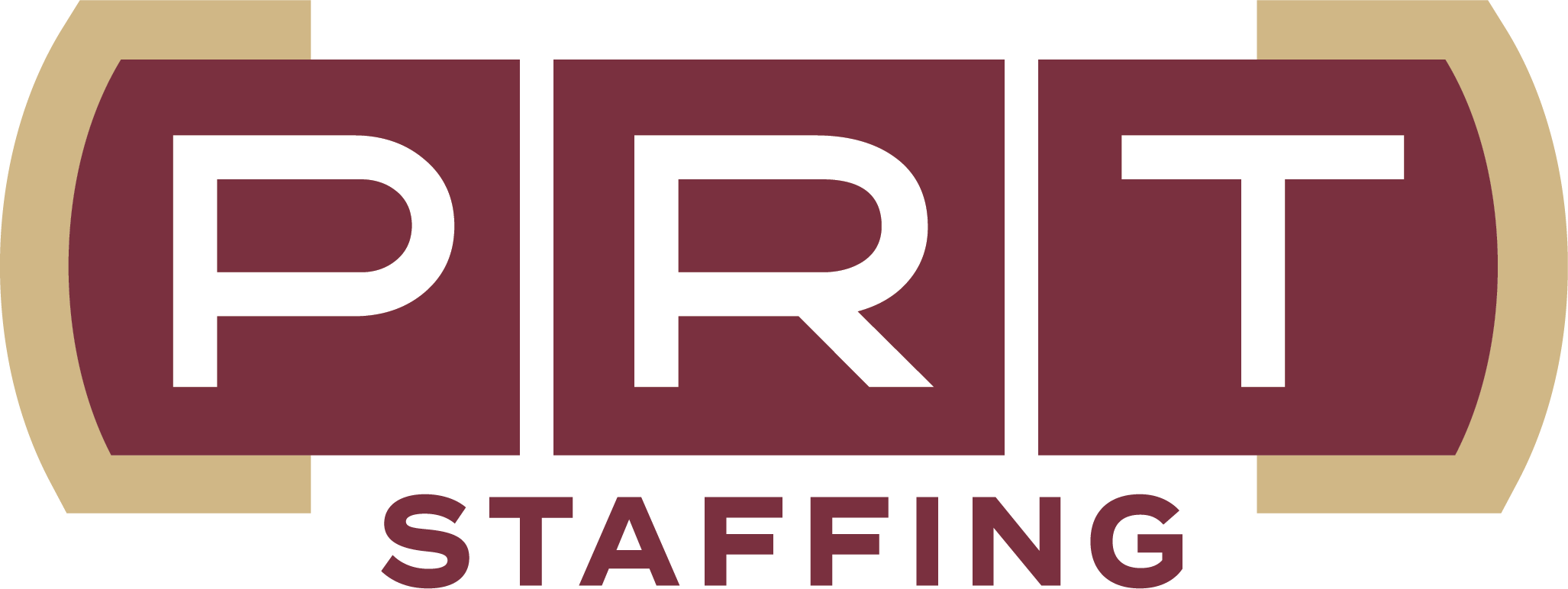The Future of Work: Trends, New Roles and Challenges Facing Employers
As we approach 2025, the workplace is undergoing a profound transformation, driven by technological advancements, changing social dynamics, and evolving employee expectations.
“There is no business as usual anymore,” says HR analytics company Visier.
This shift is reshaping not only how we work but also the very nature of work itself.
“From face-to-face meetings to virtual calls. From rigid office hours to flexible work arrangements. From expecting overtime to prioritizing mental health. We’ve adapted … we’ve upskilled our teams and embraced new ways of working,” writes Johnny C. Taylor, Jr., President & CEO, Society for Human Resource Management (SHRM). “The near-future workplace will be vastly different, and we can only guess what knowledge workers will need.”
In this article, we'll explore the key trends, emerging roles, and challenges that employers will face in the coming years.
Trends Shaping the Future of Work
Here are some trends shaping the future of work:
- Exponential Technological Change: The rapid adoption of artificial intelligence, robotics, and automation is revolutionizing industries across the board. According to John Boudreau, professor and research director at USC Marshall, this technological surge will lead to "exponentially accelerated disruptions in markets and business". Organizations will need to adapt quickly, engaging flexible and distributed workforces that can keep pace with rapid cycles of business reinvention.
“AI is creating a lot of hype and for good reasons: Many consider generative AI to be ushering in the next work transformation akin to the steam engine or the Internet,” says Visier. “Many workers in highly affected roles are more likely to say that AI “will help more than hurt them personally.” Individuals who choose to ignore generative AI completely will lose their competitive edge – a real threat to employers, the job market, and the workforce.”
- The Staying Power of Remote and Hybrid Work: The COVID-19 pandemic accelerated the shift towards remote work, and this trend is expected to continue. Surveys consistently show that a large majority of employees prefer some form of flexible work arrangement. They value the improved work-life balance, reduced commute time, and increased autonomy that remote and hybrid work offer. Companies that embrace remote and hybrid work often experience lower overhead costs, increased employee retention, and the ability to attract top talent from a wider geographic area. The staying power of remote and hybrid work requires employers to reimagine workplace cultures, team collaboration, and performance management in a digital-first environment.
- Skills-Based Hiring and Continuous Learning: As the half-life of skills continues to shrink, there's a growing emphasis on skills-based hiring rather than traditional credentials. Taylor says that some of the top skills for the future workplace include active learning, creativity and innovation, critical thinking, adaptability, and tech savviness. The rapid advancement of AI and automation underscores the importance of continuous learning and upskilling for both employees and employers.
- Emphasis on Employee Well-being and Purpose: The COVID-19 pandemic significantly shifted the emphasis on well-being and purpose in the workplace. There's an increasing focus on holistic employee well-being, encompassing mental health, work-life balance, and sense of purpose. Organizations that prioritize these aspects are likely to see improved engagement, productivity, and retention. As Boudreau notes, "Talent will engage with organizations increasingly based on aligned purpose, not simply economic exchange".
- Diversity, Equity, and Inclusion (DEI) Evolves in the Workplace: DEI is not dead in the workplace, but it certainly is evolving. While it remains a core business strategy for many organizations, the approach to DEI is shifting. While DEI is not a one-size-fits-all solution, it's clear that organizations that prioritize DEI will be better positioned to succeed in the future. By embracing diversity, equity, and inclusion, businesses can create more innovative, productive, and sustainable workplaces.
Emerging Roles in the 2025 Workplace
As the workplace evolves, new roles, according to Visier, are emerging to meet the changing needs of organizations:
- Organizational Engineer: This role focuses on optimizing virtual teams, developing distributed leadership, and managing talent transitions.
- Virtual Culture Architect: Responsible for building and maintaining organizational culture in a digital-first environment.
- Global Talent Scout and Coach: This role manages diverse talent platforms and optimizes relationships between workers, work, and the organization.
- Data, Talent & Technology Integrator: An expert in leveraging big data and AI to design work that optimally combines technology and human skills.
- Social Policy & Community Activist: Focuses on aligning organizational goals with broader social and environmental objectives.
- AI Ethics Officer: As AI becomes more prevalent, this role will ensure ethical use of AI technologies in the workplace.
Challenges Facing Employers
Employers in 2025 face a complex landscape with several significant challenges:
- Managing a Multi-Generational Workforce: With increased longevity allowing mature talent to stay in the workforce longer, employers will need to navigate the challenges and opportunities of a multi-generational workforce. This includes addressing diverse work styles, communication preferences, and career expectations.
- Balancing Automation and Human Skills: As automation and AI take over routine tasks, employers must find the right balance between leveraging technology and maintaining the human elements that drive creativity, empathy, and complex problem-solving.
- Adapting to Rapid Skill Obsolescence: The accelerating pace of technological change means that skills are becoming obsolete faster than ever. Employers will need to invest heavily in continuous learning and development programs to keep their workforce relevant and competitive.
- Ensuring Cybersecurity in a Distributed Work Environment: With more employees working remotely, ensuring data security and privacy become increasingly challenging. Employers will need to implement robust cybersecurity measures and educate their workforce on best practices.
- Navigating Complex Labor Laws and Regulations: As work arrangements become more diverse and global, employers will face increasingly complex labor laws and regulations. Staying compliant while maintaining flexibility will be a significant challenge.
Preparing for the Future
To thrive in the 2025 workplace, employers should:
- Invest in technology that enables seamless remote collaboration and workflow management.
- Develop robust learning and development programs that focus on both technical and soft skills.
- Prioritize employee well-being and create a culture that aligns with broader social and environmental goals.
- Embrace diversity and inclusion as core business strategies, not just HR initiatives.
- Stay agile and be prepared to adapt quickly to changing market conditions and workforce needs.
The future of work is dynamic and complex, presenting both challenges and opportunities for employers. By understanding these trends and proactively adapting, organizations can position themselves to attract top talent, drive innovation, and succeed in the evolving business landscape of 2025 and beyond.





